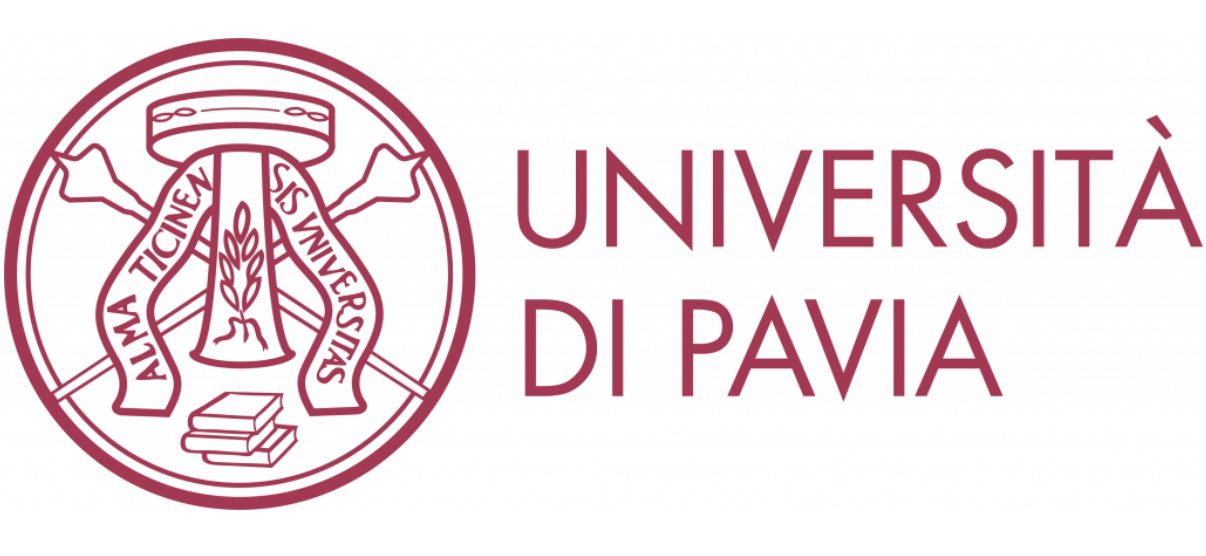Neuroscience and Society Lab
The Neuroscience and Society Lab introduces a new model of interaction between the academy and the professional world and a new way of thinking the role of science and scientists within the society.
It was founded in 2014 by Gabriella Bottini (Director, representative of Academia) and Daniela Ovadia (Co-Director, representative of the Civil society).
The Neuroscience and Society Lab is a multidisciplinary think-tank on the social impact of neuroscientific research and technological developments and, more in general, on the impact of science on society and citizens. Many fields, from economy to law, are rapidly changing under the influence of scientific discoveries and new technologies and need an interactive and mutidisciplinary approach to tackle possible issues.
In its first years of activity the Lab developed an expertise in:
- neuroethics
- neurolaw and forensic evaluations
- ethichal and legal impact of brain enhancement and brain technologies
- ethics of research and Responsible Research and Innovation (RRI)
- the role of the media in shaping public perception of science
The Neuroscience and Society Lab promoted a course for undergraduate students on Forensic neuropsichology and Neuroethics and a course on ethics of research for PhD students.
Our Lab in now involved in many projects on the intersection bewteen neuroscience and law:
- Progetto di Ateneo La Lingua del Diritto (on the structure and impact of legal language)
- Progetto PROTON (on risk factors for the recruitment of members in Organized Crime and Terrorism)
The Neuroscience and Society Lab promotes outreach activities, public engagement and mutual learning workshop among different stakeholders.
The Lab organizes courses for journalists on neuroscience and ethics of research for the Continuing Professional Education program of the National Order of Journalists and for the Lombardy Order of Psychologists.
Our mission is to increase the awareness of the impact of science and neuroscience on society by researching and teaching and to promote ethical skills among the researchers and the professional communities.
